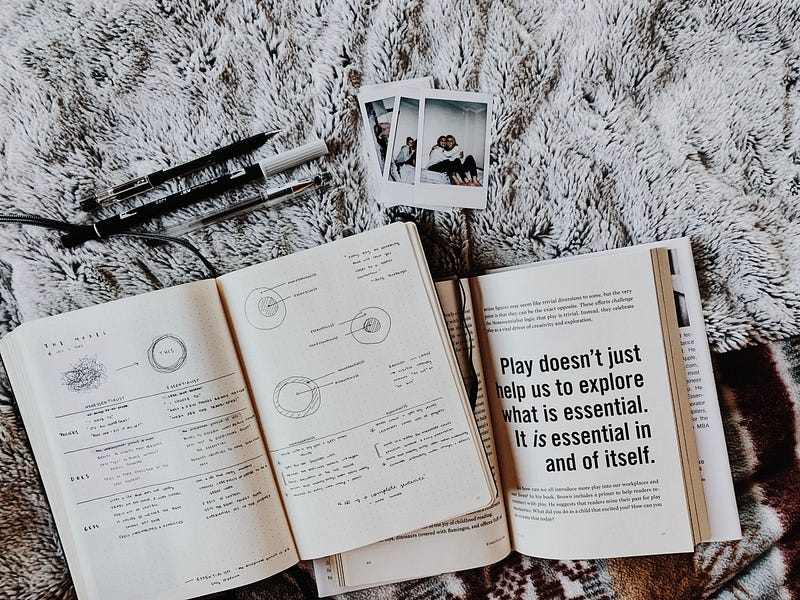
Journaling for Healing is an initiative begun by Student Activities which runs as part of a greater series under the Division of Student Life called “The Community of Care Initiative.” It’s no secret that this semester has been particularly difficult and so this event was meant to provide an outlet for students facing not only personal struggles but the general American experience right now. Not only are students working under mental health duress and academic stress but it’s impossible to be unaffected by global issues like the pandemic and national struggles like racism in American and the election anxiety.
This event was conceptualized during conversations that arose following the incidents of violent, unwarranted, and traumatic national police brutality specifically including the one in Utica which happened towards the beginning of the semester. According to Director of Student Activities Noelle Niznik, those in charge “wanted to provide a variety of healing and processing activities and spaces for students using various art forms.” Abigail Moone ’23, the mindfulness intern, was also a part of the execution and development of the event early on after her boss, College Chaplain Jeff McArn, connected her with Student Activities since she was already hoping to create such an opportunity. Healing for Journaling happened to be one of those events which has now grown to include a variety of current stresses and its available to students both on campus and remote. Furthermore, Niznik discussed how this initiative was to “provide a space for novice journalers and students that journal sporadically, to explore how journaling can provide a form of self-care and healing.” In the grander scheme of things, this opportunity has a goal to lay “the groundwork for a more regular practice that students can use in their daily lives even beyond their college years.”
How this event functions is that students who signed up to take part received a journal and journaling supplies.The first session, meant to introduce the Journaling Circle and Community, was conducted over Zoom. During this session, the attendees discuss what drew them to the initiative and gave them an opportunity to share any tips and or resources to help practice. Moone led optional journaling sessions over the next three weeks over Zoom and at the Sadove Sun Porch or Conference Room. These took place Tuesdays and Thursdays at 4:30 p.m. According to Moone, “The circles, with the meditations and prompts, are designed to get students to be thoughtful and honest with themselves, and to have avenues to communicate these thoughts in a safe space.” Moone helped develop the content as a seasoned journaler and further provided insight for her fellow students. She would also lead a guided mediation at the beginning and end of each session. Journaling for Healing will conclude with a reflection circle so students can share their experiences and what they learned about themselves. Moone called the experience a “very calm and inviting atmosphere” a place where “It’s mostly just reassuring to be around others doing the same thing, and we help keep each other focused.”
This initiative attracted over 70 students. The Division of Student Life hopes to expand this event to the spring, especially because “this practice doesn’t have an end date, necessarily.” Specifically, they are hoping to attract more male identifying attendees since the majority have been female identifying. Since many of the meetings are options, this is a pressure-free activity to participate in self care, self reflection, and mindfulness. Furthermore, this can provide a community that so much of society is currently missing due the pandemic. According to Niznik, students can benefit in the sense that “it’s an opportunity to learn how writing and drawing can be very therapeutic.”
Why should more students attend? According to Moone, “Students ought to come because they deserve it! Everyone deserves to have intentional time and space to themselves, and being introspective and kind to yourself and your emotions is very important for mental wellbeing,” Structured self care can be a skill and being around others can be very encouraging and necessary nowadays. Self-care can take work and “having these tools available to you throughout your entire life is incredibly valuable, and the payoff is much more than what it may seem like initially.” Lastly, Moone emphasizes that it is important to note that “journaling comes in many forms! I want students to understand that there is no prescription for journaling or self-care, and hope they get creative and listen to what works for themselves.” Anyone can be impacted, even if it may not seem like the activity for you at first.
























